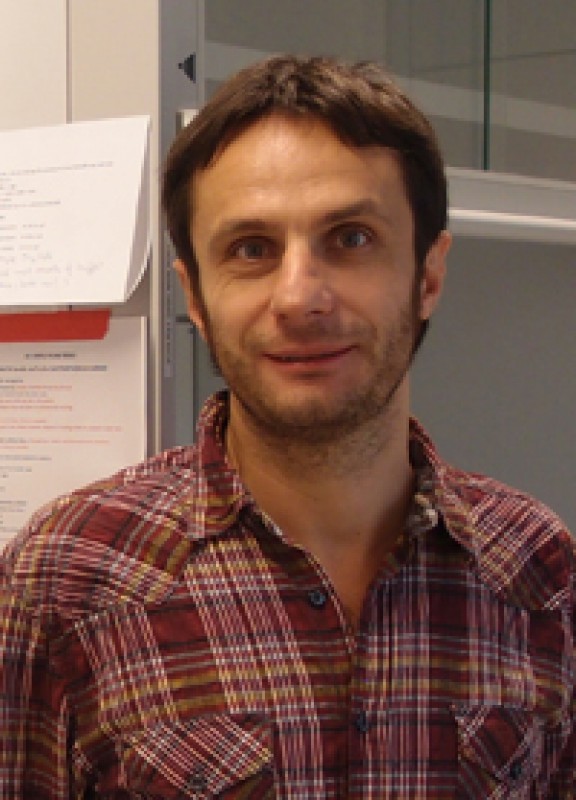KLI Colloquia are invited research talks of about an hour followed by 30 min discussion. The talks are held in English, open to the public, and offered in hybrid format.
Fall-Winter 2025-2026 KLI Colloquium Series
Join Zoom Meeting
https://us02web.zoom.us/j/5881861923?omn=85945744831
Meeting ID: 588 186 1923
25 Sept 2025 (Thurs) 3-4:30 PM CET
A Dynamic Canvas Model of Butterfly and Moth Color Patterns
Richard Gawne (Nevada State Museum)
14 Oct 2025 (Tues) 3-4:30 PM CET
Vienna, the Laboratory of Modernity
Richard Cockett (The Economist)
23 Oct 2025 (Thurs) 3-4:30 PM CET
How Darwinian is Darwinian Enough? The Case of Evolution and the Origins of Life
Ludo Schoenmakers (KLI)
6 Nov (Thurs) 3-4:30 PM CET
Common Knowledge Considered as Cause and Effect of Behavioral Modernity
Ronald Planer (University of Wollongong)
20 Nov (Thurs) 3-4:30 PM CET
Rates of Evolution, Time Scaling, and the Decoupling of Micro- and Macroevolution
Thomas Hansen (University of Oslo)
RESCHEDULED: 18 Dec (Thurs) 3-4:30 PM CET
Chance, Necessity, and the Evolution of Evolvability
Cristina Villegas (KLI)
8 Jan 2026 (Thurs) 3-4:30 PM CET
Embodied Rationality: Normative and Evolutionary Foundations
Enrico Petracca (KLI)
15 Jan 2026 (Thurs) 3-4:30 PM CET
On Experimental Models of Developmental Plasticity and Evolutionary Novelty
Patricia Beldade (Lisbon University)
29 Jan 2026 (Thurs) 3-4:30 PM CET
Jan Baedke (Ruhr University Bochum)
Event Details

Topic description:
From its very beginnings Molecular Biology focused on simple enough model systems that captured the essential complexity of biology, in order to extract the general molecular mechanisms underlying the functioning of the cell. Similarly Systems Biology and Synthetic Biology have benefited from the use of simple model systems. I will introduce examples of such experimental model systems and show how even the simplest of model systems in Systems and Synthetic Biology can be used to unravel open fundamental questions of biology.
Biographical note:
Calin Guet studied Physics and Molecular Biology at Princeton University as an undergraduate. He did his PhD with Stanislas Leibler at Princeton University and the Rockefeller University, working on the early basis of what is now Systems and Synthetic Biology. After postdoctoral work at the University of Chicago and Harvard on the single-cell biology of bacteria, he moved to IST Austria where he started his own research group working on questions that lie at the interface of Ecology, Evolution, Molecular Biology and Physiology of bacteria and phages.


